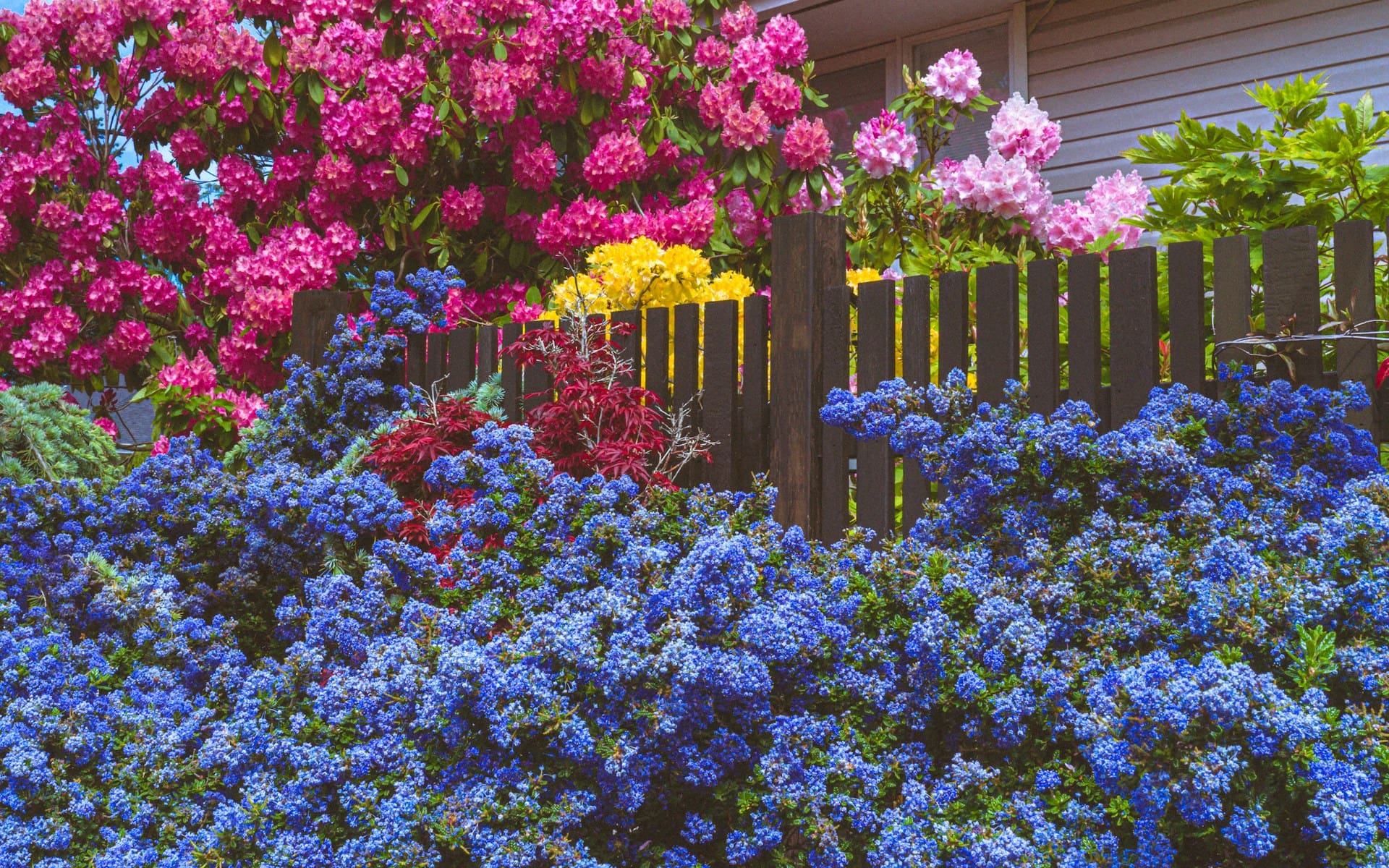How to Choose the Right Fence for Your Garden

Choosing the right fence for your garden can make a big difference in how your outdoor space looks and functions. A fence isn’t just a boundary marker; it serves various purposes such as enhancing privacy, providing security, and adding to the garden’s aesthetic appeal. Making the right choice can help create a garden that feels complete and well-protected.
Before you pick a fence, consider what you need it to do. Are you looking for privacy from neighbors, security for your property, or simply to beautify your garden? Understanding your primary goal will help narrow down your options and make sure you get the right type of fence for your specific needs.
Different materials offer different benefits. For example, cedar provides a natural look and durability, while wrought iron offers elegance and strength. Vinyl is low-maintenance, and metal is both strong and versatile. Each material has its pros and cons, so it is important to match your choice with the demands of your garden. Starting with a clear idea of what you want from your fence will make the decision-making process much easier and ensure that your garden remains a beautiful and functional space.
Determine Your Garden’s Needs: Privacy, Security, or Aesthetics?
Before choosing a fence for your garden, it’s important to understand what you want the fence to achieve. Different gardens have different needs, so asking yourself whether you need privacy, security, or aesthetic appeal is a good starting point.
If privacy is your main concern, look for a tall fence with minimal gaps. Materials like wood or vinyl are excellent for providing a secluded space. They not only block views but also help reduce noise, making your garden a peaceful retreat. Consider fences with decorative lattice tops if you want some air and light to still pass through.
For security, a fence should be sturdy and tall enough to deter intruders. Wrought iron offers both strength and elegance, while chain-link fencing can be an economical yet effective choice for keeping pets and kids safe. Adding security features like locked gates or pointed tops can enhance the protective qualities of your fence.
If aesthetics are your primary focus, the sky’s the limit. Choose a design that complements your garden’s style. For a natural look, consider a cedar or bamboo fence. For a modern touch, metal or composite materials can provide a sleek appearance. The right fence can become a beautiful part of your garden’s overall design.
Explore Different Fence Materials and Their Benefits
Choosing the right material for your garden fence is vital for meeting your needs. Each material comes with its own set of benefits and aesthetic qualities. Here are some popular options:
- Wood: Wood fences offer classic beauty and can be customized with paint or stain. Cedar, redwood, and pine are common choices. They provide excellent privacy and a natural look but require regular maintenance to prevent rot and insect damage.
- Vinyl: Vinyl fences are known for their durability and low maintenance. They are resistant to weather, insects, and rot, making them a long-lasting option. Vinyl is available in various styles and colors, allowing you to find one that matches your garden.
- Wrought Iron: Wrought iron fences are strong and add an elegant touch to any garden. While they require occasional painting to prevent rust, they offer excellent security and can be crafted into intricate designs.
- Chain-Link: Chain-link fences are a budget-friendly option that provides security and visibility. They are not the most attractive choice, but they are functional and can be enhanced with privacy slats or climbing plants.
- Bamboo: For a more eco-friendly option, bamboo fences are a great choice. They provide a unique, tropical look and are relatively easy to install. Bamboo helps create a serene atmosphere in your garden.
- Composite: Composite fences are made from a mix of wood fibers and plastic. They offer the look of wood without the high maintenance. They are durable, resistant to weather, and eco-friendly.
By understanding the benefits of each material, you can make an informed decision that aligns with your garden’s needs and your personal preferences.
Consider the Maintenance and Durability of Your Fence
When choosing a fence for your garden, it is important to think about how much upkeep you are willing to handle. Some materials require regular maintenance, while others need very little attention. Knowing which one fits your lifestyle can help you avoid extra work and costs down the road.
Wood fences, for example, offer a classic look but demand more care. You will need to paint or stain them periodically to keep them looking fresh and to protect them against the elements. Wood can also suffer from rot, warping, and insect damage, meaning you may have to replace parts of the fence over time.
In contrast, materials like vinyl, metal, and composite require less maintenance. Vinyl and metal fences are resistant to problems like rust, termites, and decay. They usually just need an occasional wash to stay clean. Composite fences, made from a mix of wood fibers and plastic, combine the look of wood with added durability. These options might cost more upfront, but they can save you money and time over their lifespan.
Matching Your Fence Style to Your Garden Design
Your fence should complement the overall design of your garden and home. This involves choosing a style, color, and material that aligns with your garden’s theme and your house’s architecture. When these elements work together, they create a unified and attractive look.
If you have a traditional garden with lots of greenery and colorful flowers, a classic white picket fence might be the perfect choice. For a more modern garden, you might opt for sleek metal or minimalist vinyl panels. Wooden fences can add warmth and a rustic feel, especially in country-style or cottage gardens.
When it comes to color, think about the backdrop your fence will provide for your plants. Neutral shades like white, beige, and gray can make your garden’s colors pop. Brightly colored fences can add a playful touch, but be sure they do not overwhelm the natural beauty of your garden.
Conclusion
Choosing the right fence for your garden is a crucial decision that involves considering your specific needs, the benefits of different materials, maintenance requirements, and how well it integrates with your garden’s design. A well-chosen fence not only enhances your garden’s beauty but also provides the necessary privacy, security, and durability.
Taking the time to evaluate all these factors ensures that you make an informed decision that you will be happy with for years to come. Whether you need a low-maintenance option, a design that matches your garden’s aesthetics, or a fence that promises long-term durability, the right choice will significantly enhance your outdoor space. Ready to find the perfect fence for your garden? Contact our custom fence installers at SecurePro Fence today for expert advice and top-quality installation services.


